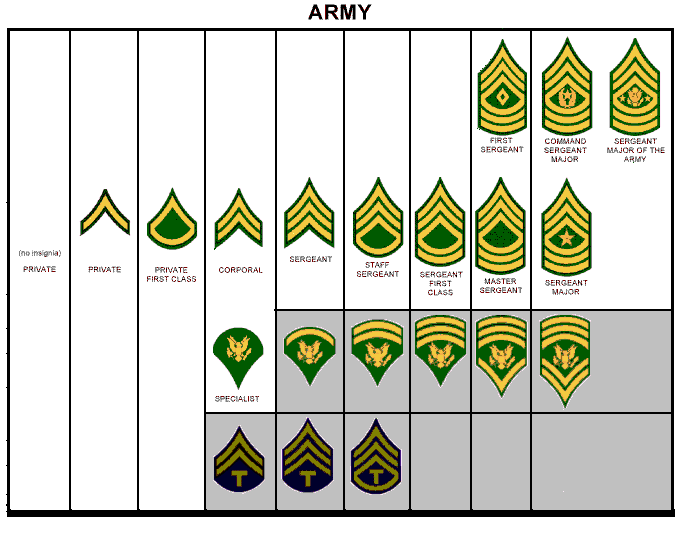dapaterson said:
But talking about the top of the heap (the TTC Chief Mechanical Engineer, https://ttc.talentnest.com/en/posting/10178) is irrelevant when we're talking about very junior engineers, just starting out.
My source was the Sunshine List. There were
many TTC Engineers listed. What the TTC pays their Engineers can be seen here,
http://www.fin.gov.on.ca/en/publications/salarydisclosure/pssd/pdf/municipalities_2014.pdf
This entry level TTC job call is now closed, but it shows their starting salary for Mechanical Engineers hired off the street,
VEHICLE ENGINEER - MECHANICAL
Completion of a University Degree in Mechanical Engineering or equivalent
Annual Salary Range: $76,895.00 to $96,150.60
https://ttc.talentnest.com/en/posting/15037#.Vov5ertIiUk
It looks like the Chief of Vehicle Engineering made $162,880.96. Not including Taxable Benefits.
Edit to add
City of Toronto
Engineer ( off the street )
Salary/Rate $84,666.40 - $99,481.20 / Year
Hours of Work (bi-weekly) 70.00
"Must be registered as a Professional Engineer (P.Eng.) with the Professional Engineers Ontario (PEO)."
https://www.brainhunter.com/frontoffice/seekerViewJobDetailAction.do?sitecode=pl389&jobId=2194521&page=search&external=



